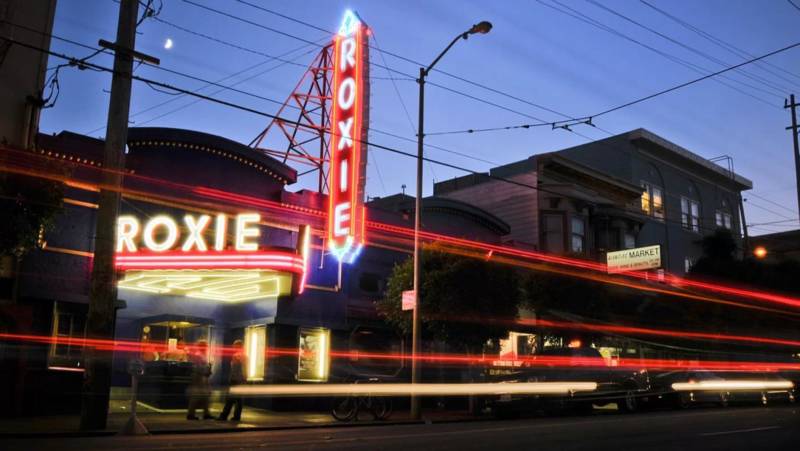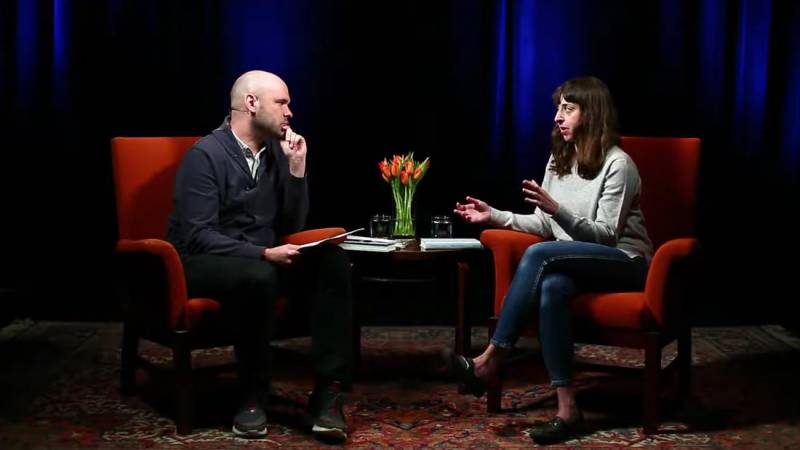A couple of nights ago, I ventured out to the Roxie movie theater in San Francisco’s Mission District to catch a screening of The Jesus Rolls, starring John Turturro. It felt liberating, at this moment of hyper-hygiene-awareness, to see a film whose protagonist is oblivious to the concept of personal space and licks his bowling ball before rolling a strike.
When I sat down, I noticed that my nearest neighbor was sitting very far away from me, due to the Roxie’s then-newly-instituted-policy to limit contact between patrons by restricting sales to a third of capacity.
“There are people that still want to come out to the movies,” Lex Sloan, the Roxie’s executive director, told me over the phone the next day. “The inspiration was just the idea that the six-foot-distance will help keep you safe. And so we grabbed a tape measure and measured the seats.”

With an order Friday barring all gatherings in San Francisco venues with a capacity of 100 or more, and with social distancing under COVID-19 applying to even the supermarket checkout or waiting for the bus, some live events spaces are figuring out how to share their work even as they struggle to stay open.
Enabling patrons to keep at a safe distance from one another by reducing seat sales is one solution.


